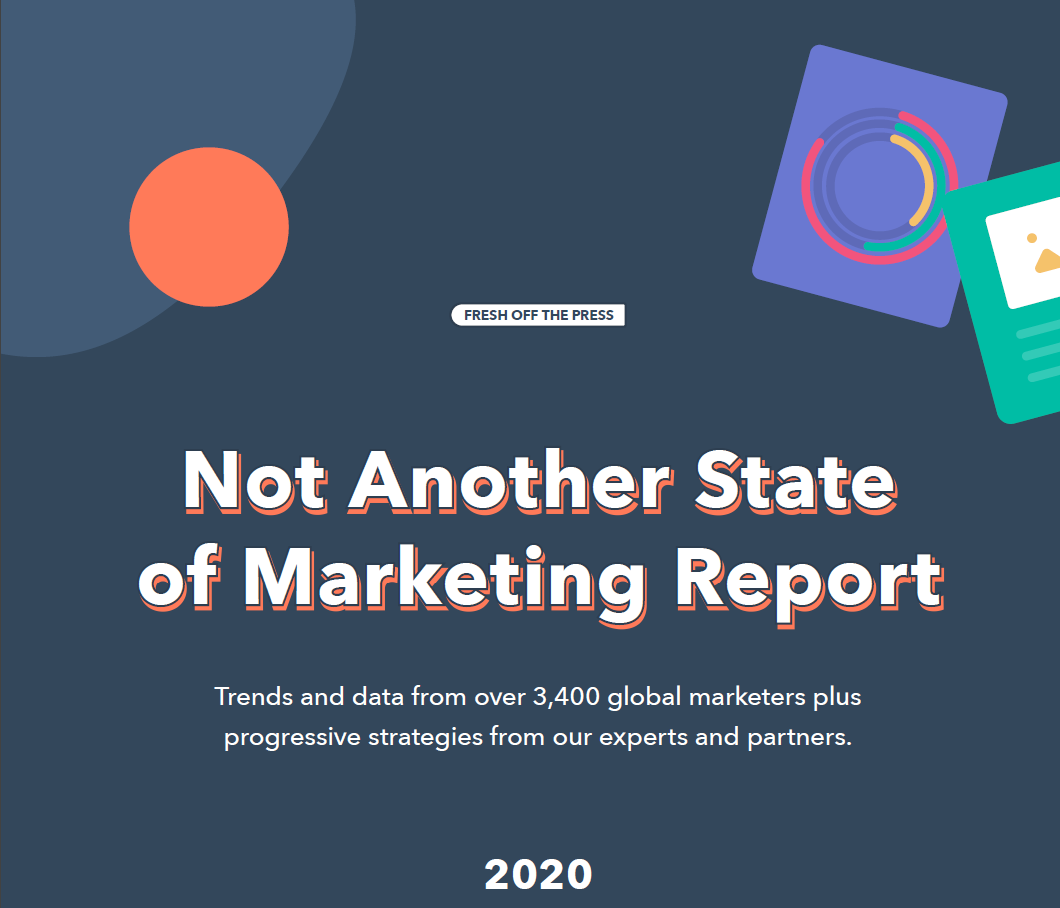
Harris Schachter is the Director of Marketing at Home Care Delivered by day, and the founder and owner of OptimizePrime, an internet marketing agency. We had a chance to chat with Harris about how companies can employ digital marketing techniques to improve the quality and quantity of sales leads that they receive.
Why are you so passionate about digital marketing?
I love digital marketing because it combines two of my best skills: data analysis and creativity. I was a psychology student in college. and it gave me the ability to step into other people's shoes. In a marketing context, this means understanding and constantly testing how to help people accomplish what they're trying to do - whether it be to purchase an e-commerce product, learn something new, or simply laugh.
How important is keyword research in successful search engine optimization?
Keyword research is extremely important for SEO; but in large part, I consider it as more about topic/subject research. Understanding what your customers are looking for is one thing, but providing something they truly find useful even if they weren't looking for it is another. The only way to accomplish the latter is to understand the needs and buyer journey relating to specific keywords.
How would you respond to the following statement: "Local SEO is just standard organic SEO with a city or geographic term added to the keyword."
That is just silly. Most people don't include the location-as-keyword anymore now that Google's localized search results have habituated people to just search for what they're looking for and let Google take care of the location. Local search requires an entirely new set of skills and tasks to consider, as local search results are entirely different.
When is it more beneficial to concentrate more on paid search marketing and less on organic SEO?
I find it is more beneficial to focus on paid search if your goal is to convert people immediately, whether that is to generate a lead or to sell something. Paid search is typically lower in the funnel than organic search, but the entire experience is equally important in the long run.
Another time to focus more on paid search is shortly after the kickoff of a new business website. You might set up all the core pages and landing pages as well as some standard technical SEO rules or system, but be waiting around for content to be created. Since SEO happens over a long period of time, once you set up a site initially and have content generation queued up, paid search is a great way to bring in traffic during the slow SEO ramp-up.
Is there more to an integrated digital marketing campaign than simply posting the same content on multiple online channels?
Integrated marketing campaigns mean channels talk to each other in an ongoing conversation as opposed to them saying the same thing over and over again. The idea is to use technology and tracking to understand what creatives and channels people have seen, and then craft experiences which move people down the funnel using all of this data.
What kinds of tools or tactics do you employ to take web traffic and optimize it for sales leads?
We have a ton of technology available to us to drive sales from web traffic. For one, retargeting on networks like Facebook can bring in audiences already familiar with your brand (because they've been to your site with a Facebook pixel) and get them to engage with your content. This can keep you top of mind and prime your audience for lower funnel conversions. Of course, if they do apply, you should use a suppression pixel on a thank-you page so you don't show them the same offers again.
Another great tool is remarketing through Google's RLSA. This not only drives more conversion out of people who have engaged with your brand, but also makes your ad spend more effective by only bidding up for people who have been to your site before. Even better is when you can get all of these channels talking to each other and storing information on your site to create dynamic landing experiences, email drip campaigns, and more.
How can you tell which aspects of a digital marketing campaign are working and which ones are not?
Simple: measure them. Data is crucial for understanding what is working and what is not, but the variable and test selection still comes back to how well you know your customer. Also, even though something may be working doesn't mean you should anchor to that and only that. This is one discipline where there can be many right answers.
What do you see for the future of organic search? Will it largely be overshadowed by paid search and web ads?
No, I think there will always be organic search because that is inherently what people want. No one would use Google if all they served were ads and there were no organic results. While they are a company and will try to monetize everything, I think they are aware of this dichotomy.
The future of organic search is actually quite interesting because I think of all the marketing channels, it will undergo the greatest amount of change. For one, the medium will change from typed to spoken (and it already has). Instead of typing or even going to a Google search page, the internet-connected homes and devices will enable a more "personal assistant" or voice-enabled search experience which might not even include a search result page at all. Second, artificial intelligence and machine learning will continue to increase the quality of these search results and make them personalized for each searcher. So, in short, the future of search is more passive information gathering and greater quality through personalization.
Is your website helping or hindering your digital marketing efforts? Request a free Website Competitive Analysis report today!

